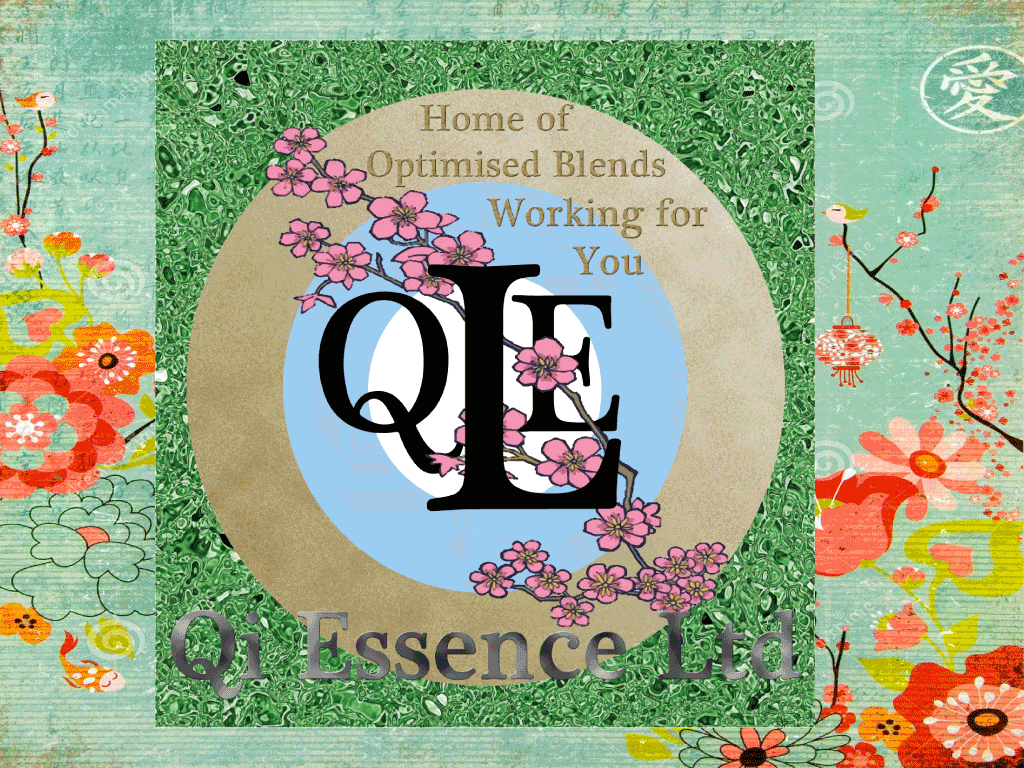Herbal Materials Testing Service – Measuring the Activity of Your Herbal Stuff!
Our Herbal Materials Testing Service is very sensitive using the anti-oxidant capacity of the material to indicate activity. Therefore anything that affects the plant/material will have an impact:
- The Way the plant has grown
As every gardener knows each plant has it’s preferred soil, climate and environment to enable it to fully develop into a healthy mature plant. This is even more important where medicinal herbs are concerned. In fact in China this process has a special name Dao Di which scientific research has shown can even affect the genetic expression/DNA of the plant:
Relationship of epigenetic and Dao-di herbs.
Yuan Y, Wei Y, Yu J, Huang LQ.
Abstract
Dao-di Herbs is specificity and locality, and its unique phenotypic features is closely related to the growth and development of medicinal plants. In addition to traditional genetic, epigenetic play an important role in formation of Dao-di herbs. This paper introduces the concept of epigenetic and the role of DNA methylation in the gene expression regulation. We further prospects epigenetic mechanism in study of Dao-di herbs formation from specific phenotype and regional analysis. And study on the relationship of epigenetic and Dao-di herbs will provide a basis for quality assessment and identification of Chinese drugs.
- PMID: 26697699 [PubMed – indexed for MEDLINE]
GAP – Good Agricultural Practice
Therefore ensure good cultivation practices like GAP which recognise this.
2. The Way the plant has been harvested
Some of this is also bound up in GAP and GHP – (Good Handling Practice) but can go deeper, particularly again with medicinal plants: Optimal phases and Timing of growth, involve Particular parts of the plant, whether a plant is Wild crafted or Cultivated, whether or not Sustainable agriculture is employed all which can make a significant difference to the final activity of the plant and final anti-oxidant capacity.
3. The Way the plant material has been processed
Careful and mindful processing is required to avoid excessively damaging the medicinal plant material and indeed ensuring certain processes are performed to maximising benefits and in some cases eliminate toxic properties. The WHO organisation sets out standard ways towards achieving this:
WHO Guidelines on Good Agricultural and Collection Practices (GACP) for Medicinal Plants
4. The Way the plant material has been stored
Medicinal plant material can be affected by excessive heat, cold, humidity, radiation, contamination, mould, insect damage etc. All these may adversely affect medicinal plant material and some materials may naturally deteriorate much faster than others. Clearly when using herbs for a medicinal purpose then a certain level of activity needs to be guaranteed. By testing you can:
- Monitor how well your storage systems are working
- Check if ‘expired’ plant material is still suitable for use
- Check if new material has a suitable level of activity at least as good as a baseline standard you have established
Supporting how you work
As you can see by regularly testing your medicinal plant materials/end products/ingredients you can establish your own baselines ensuring any of your herbal materials are always consistent in quality, activity and longevity. Once you have a Suitable Test for any sample then any future tests at the same dilution can give you the % deviation from that sample.
Suitable Materials To Test
We are happy to assist in helping you test the following types of materials, if you have a request not listed then please get in touch: info@qiessence.co.uk
For each material sent in please state whether each test is to be done in alcohol (ethanol) or purified water or both. Please note one test is needed each time per dilution per medium per material.
Dried plant material e.g. Raw.whole herbs, herbal powders, herbal teas, aerial parts, flowers, roots, barks etc.
Tinctures Concentration and alcohol content MUST be stated e.g. 1:5 25% ethanol as results will depend on this i.e. dilution made needs to be accurate per mg of material per volume.
Granules or Extracts or Powders All common forms of these, you may prefer to state concentration if not 1:1
Oils e.g. Whole cold pressed, macerated, Essential etc
Glycerites Again as for tinctures any dilution/concentration should be stated
Creams/Ointments/Salves We can test finished products and their ingredients: Butters, Waxes etc.
Capsules
Please enquire if you are uncertain of the suitability of your material for testing or the best way to test. Please remember you can send in mixtures for testing too. Sample Sheet
Sample Size
| Dried Material/Powder/Extract/Granules | 20-60g per test preferably more if possible |
| Tincture/Glycerite/Oils | 20mls per test more if possible |
| Essential Oils | 1-2mls per test more if possible |
| Creams/Ointments/Salves/Ingredients | 20g/mls per test more if possible |
| Capsules | 20 pieces more if possible |
| Unlisted/Unknown material | Please enquire |
Please be sure to pack your materials suitably sealed etc., please note any prolonged exposure to excessive heat/cold/humidity etc. may affect the material. We will report any samples that appear to arrive damaged.
We Want to Help You: Please note each test is charged for therefore with an unknown material it may be more economical to purchase a number of tests initially so that testing can proceed immediately with further dilutions of the sample. Or you may wish to see/be informed of the initial test result and then purchase more depending on that. This can be done immediately so that testing can proceed in the most efficient way. Where we are familiar with the material and know the dilution which produces a Suitable Test then we will automatically default to that. Please enquire beforehand if we have tested the material before, if you prefer.


